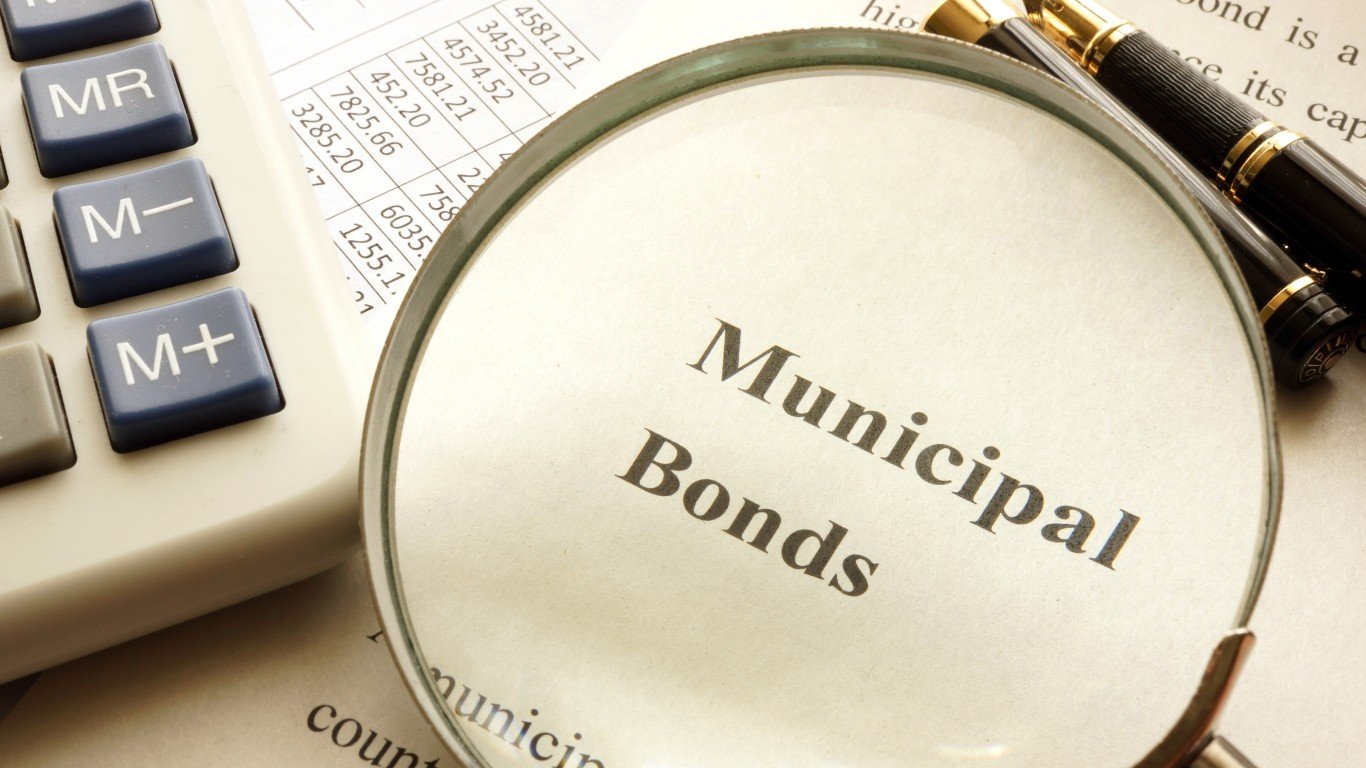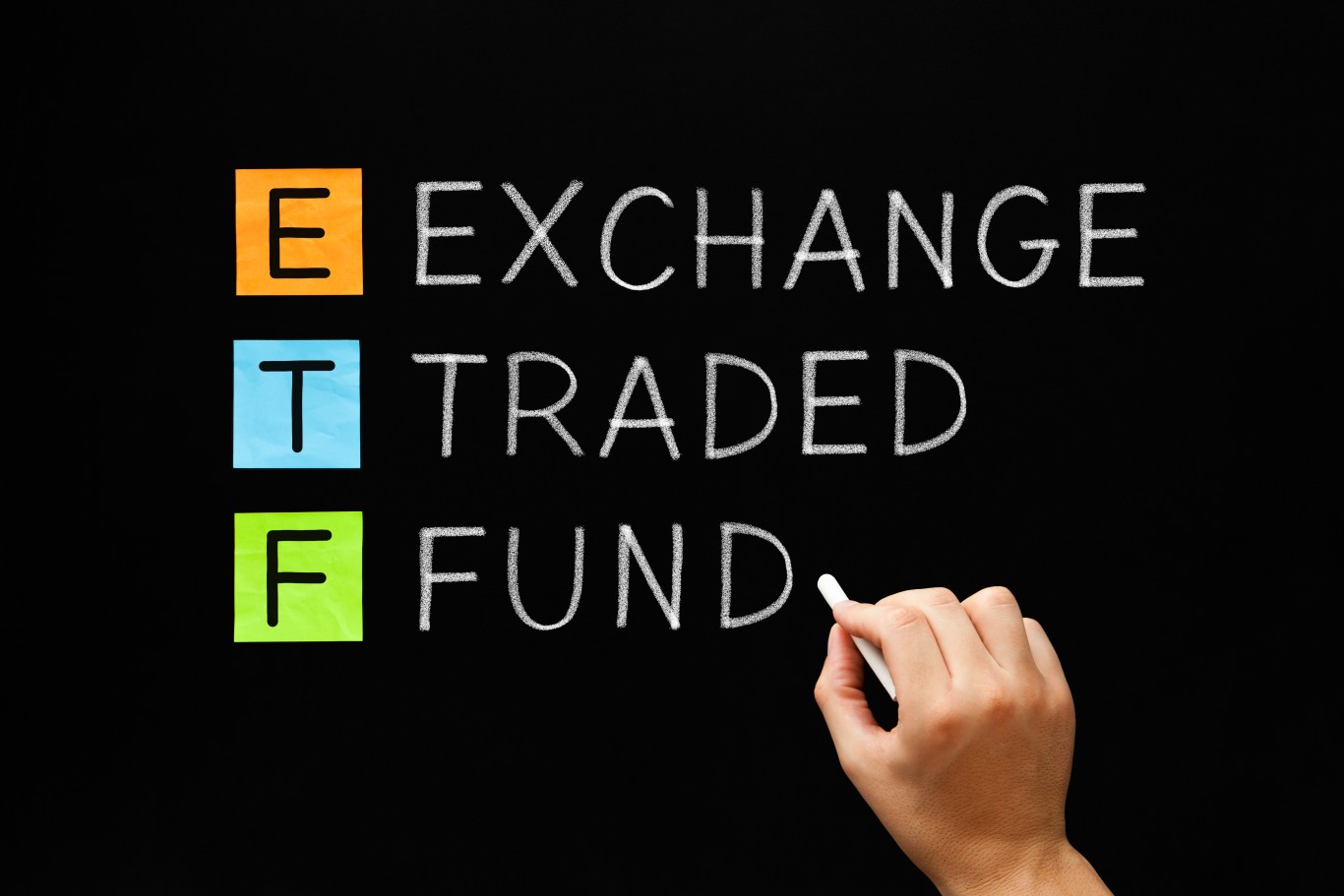Since 1926, dividends have contributed approximately 32% of the total return for the S&P 500, while capital appreciations have contributed 68%. Therefore, sustainable dividend income and capital appreciation potential are essential for total return expectations.
Most dividend investors seek solid passive income streams of quality dividend stocks. Passive income is a steady stream of unearned income that doesn’t require active traditional work. Shared ideas for earning passive income include investments, real estate, or side hustles.
Passive income may seem like an effortless way to become wealthy without working. However, its central theme is building a portfolio of assets over a lifetime that will generate enough income for a comfortable retirement, which includes travel, a vacation home, and other small luxuries that make life worth living without dealing with the mechanics of income generation daily.
Passive income generation is an essential topic at 24/7 Wall St., and for years, we have shared hundreds of dividend ideas and strategies with our readers. However, it was important to offer a 30,000-foot view of what you need to know about building passive income in the stock market and what avenues work repeatedly to create passive income streams that can hum along with virtually no hands-on daily work.
We decided to list some of the many ways for investors who have spent decades working and saving to utilize the stock market to build passive income streams that, often in concert with pension income and social security, provide the kind of effortless lifestyle so many of us look forward to, especially as we grow older and the peak earning years have come to an end.
Dividend-paying blue-chip Dividend Aristocrats

We have written about the Dividend Aristocrats on many occasions, and often, when investors look for defensive companies paying big dividends, they are drawn to the Dividend Aristocrats, and with good reason. The 67 companies that made the cut for the 2024 S&P 500 Dividend Aristocrats list have increased dividends (not just remained the same) for 25 years straight. But the requirements go even further, with the following attributes also mandatory for membership on the dividend aristocrats list:
- Companies must be worth at least $3 billion each quarterly rebalancing.
- Average daily volume of at least $5 million transactions for every trailing three-month period at every quarterly rebalancing date.
- Be a member of the S&P 500
Don’t forget the Dividend Kings

Investors seeking dividend dependability may also be drawn to the Dividend Kings. These 53 companies have raised their dividends for 50 consecutive years or more. The significant difference between the Aristocrats and the Kings is that the Dividend Kings do not have to be members of the S&P 500. That opens the door for many well-known companies like Altria Inc. (NYSE: MO), which pays a dependable 9.55% dividend.
Corporate and Government bonds are big winners

For 15 years after the mortgage meltdown from 2007-2009, which brought us dangerously close to another depression, as the stock market dropped a massive 57%, the Federal Reserve cut interest rates to zero. They remained there only to spike briefly in 2018 before returning to zero. People looking for passive income often resorted to high-yield “junk bonds,” which, while at the margin paid big coupon passive income, put investors at much higher risk.
Today, quality U.S. government Treasury bills and bonds yield anywhere from 5.15% for a one-year note to 4.51% for the benchmark 10-year note, backed by the government’s full faith and credit.
Quality corporate bonds from companies like banking giant JP Morgan Chase & Co. (NYSE: JPM) pay dependable coupons starting at 3.87% for bonds due in 6 months.
Municipal Bonds can help high-net-worth investors

Bonds issued by major American cities and states offer lower coupon rates but are usually exempt from Federal income tax. Investors looking to avoid state income taxes can also buy bonds issued in specific states. This is huge for those living in high-tax states like New York and California.
Exchange Traded Funds (ETFs) and Mutual Funds

Investors looking to own portfolios of bonds, income paying stocks, Real Estate Investment Trusts (REITs), Energy Master Limited Partnerships (MLPs), Utility stocks and much more can seek broad diversification by turning to investments in these formats. The basic difference between the two is that ETFs can be sold at anytime during the trading day like stocks, where open-end mutual funds when sold take the closing price for the funds at the end of the trading day.
The key to building any solid passive income stream regardless off your age is to invest wisely and invest often over the years. Buying speculative stocks and day trading might look like it’s an easy street to wealth, but like the old saying goes; “They don’t build those big casinos in Las Vegas because the house loses”, and that can also be applied to the stock market.
Essential Tips for Investing: Sponsored
A financial advisor can help you understand the advantages and disadvantages of investment properties. Finding a qualified financial advisor doesn’t have to be hard. SmartAsset’s free tool matches you with up to three financial advisors who serve your area, and you can interview your advisor matches at no cost to decide which one is right for you. If you’re ready to find an advisor who can help you achieve your financial goals, get started now.
Investing in real estate can diversify your portfolio. But expanding your horizons may add additional costs. If you’re an investor looking to minimize expenses, consider checking out online brokerages. They often offer low investment fees, helping you maximize your profit.
The post What You Really Need to Know to Build Passive Income in the Stock Market appeared first on 24/7 Wall St..